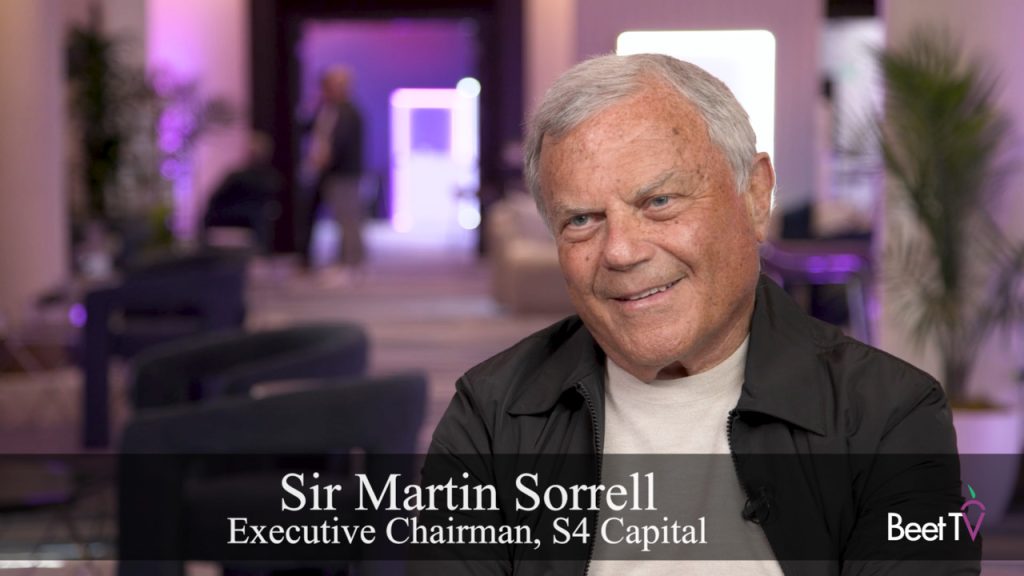After a year in which a report warned YouTube ad buyers may fall foul of brand safety concerns, a member body representing video, TV and ad-tech companies says the industry needs to consolidate its different transparency standards.
This summer’s Adalytics study came before a recent ANA research piece found widespread programmatic supply chain transparency concerns.
In this video interview with Beet.TV filmed at Advertiding Week New York, Sean Cunningham, President & CEO, VAB, says the marketing and advertising industry is perched precariously at a crossroads.
He argues that the industry must rally around “one transparency standard”.
The Call for Transparency
“We can’t have two transparency standards in one premium video industry,” he insists. “We can’t have one where we have a fully transparent multi-screen TV standard and then a semi-opaque wall garden standard and the marketer loses there.”
The absence of transparency, Cunningham suggests, leaves marketers without recourse, unable to ensure the accuracy of their modelling metrics and unable to ascertain if their Key Performance Indicators (KPIs) are being met.
Cunningham believes that marketers should be at the forefront of this call for transparency. “It’s imperative that we as an industry rally around one transparency standard, which should be fully lit, fully transparent, and we think marketers should be leading the way in that call,” he argues passionately.
The Power Shift
But Cunningham worries there isn’t enough engagement from marketers. He sees a worrying trend over the last decade where marketers have become conditioned to accept the level of transparency, or lack thereof, offered by “the walled gardens”.
“What’s happened over the last 10 years is that they’ve been conditioned that the level of transparency that they’re getting from the walled gardens or non-transparency is sufficient,” he laments. “The most powerful shot callers in the marketing ecosystem have become these two walled gardens.”
Cunningham underlines that he is not against the walled gardens; rather, he champions transparency. “We’re not anti-wall gardens. We’re pro transparency, and we think that the marketers will win, but they’ll win too,” he explains.














































